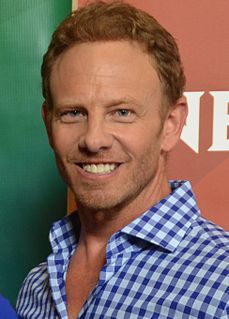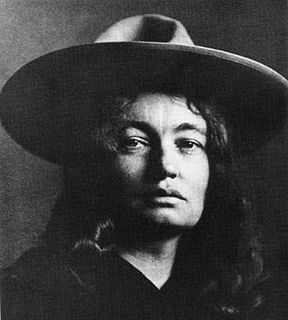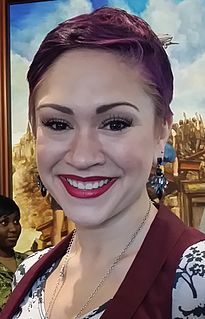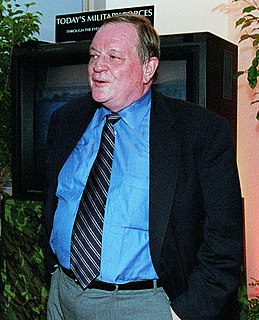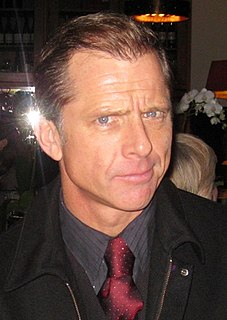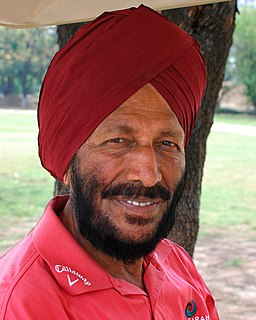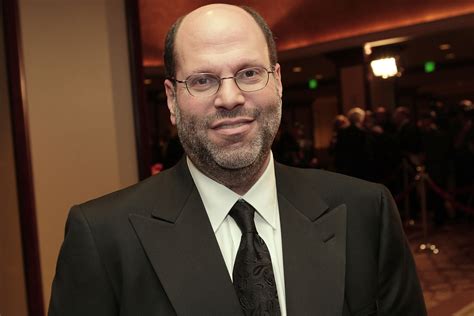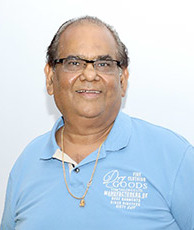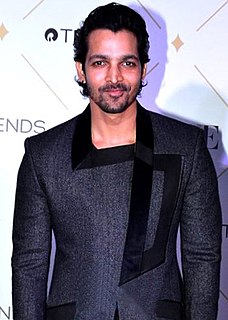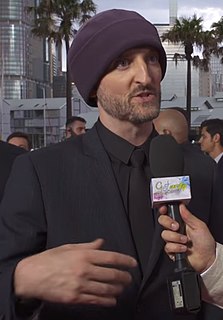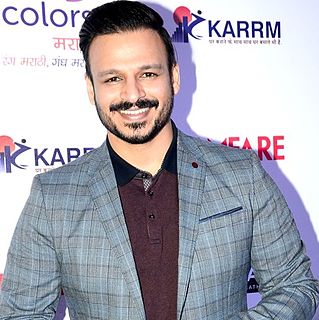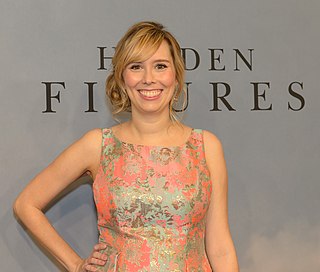Top 1200 Film Adaptations Quotes & Sayings - Page 4
Explore popular Film Adaptations quotes.
Last updated on October 27, 2024.
The desert floras shame us with their cheerful adaptations to the seasonal limitations. Their whole duty is to flower and fruit, and they do it hardly, or with tropical luxuriance, as the rain admits. ... One hopes the land may breed like qualities in her human offspring, not tritely to 'try,' but to do.
I have songs that define characters from each film of mine. It can be a song from that particular film or something that just goes with the wavelength of the film; you listen to it, and it gives you that rhythm. I can't articulate how it helps, but it somehow gives you an understanding of the character.
In a film like 'Kannathil Muthamittal,' I can't have a Rajnikanth or a Kamal Haasan. If you have a star, the expectation of the film is different. So, you cast according to the subject of the film. Some films are best done with stars because it gives you a base on which if you can get the correct performance, you can reach higher.
Film is more than the twentieth-century art. It's another part of the twentieth-century mind. It's the world seen from inside. We've come to a certain point in the history of film. If a thing can be filmed, the film is implied in the thing itself. This is where we are. The twentieth century is on film. You have to ask yourself if there's anything about us more important than the fact that we're constantly on film, constantly watching ourselves.
I think 'The Girl with the Dragon Tattoo' is a good example of a film where you have to juggle a whole lot of information to follow that story, and even if you haven't read the book, it seems to go pretty well. And that is a film where the characters didn't meet until 74 minutes into the film, not on page 17.
For me, there's one film at a time, and my only benchmark is that my current film should be better than my last one, and I've made sure of that. If you Google the trailer of my first film - which I request you not to - you'll see the vast change in my approach towards my profession and the slow gain of maturity in performing.
In any film business, if you're trying to get your next film made, you would never say, 'Oh, my last film was a cult film.' I'd say, 'Oh, great, well I hope this one isn't!' I always say to Johnny Knoxville, 'How do you do it? You sort of do the same thing we did, except you made millions, and I made hundreds.'
Truth is a pursuit, it's a quest. And proof is certainly in the pudding in this particular instance, because the film, and the evidence accumulated in making the film, led to this man's release from prison. And that's hardly ever happened, if it's happened at all, in any other film that I can think of.
You know, in an ideal world, people would just be intrigued and go and see a film without knowing anything about it, because that's where you're going to have the most experience of a film, the biggest, the most revelation of a film. But at the same time, I think there are benefits of having seen a trailer where you actually look forward to seeing moments in a film knowing that they're coming up. I don't know which is better.
I'm ready for all forms of dialogue about the film The Conquest. There will be a lot of political talk, but I don't think the film itself will be scandalous. For the French, there are so many emotions relating to Sarkozy and politicians in general that I think the film will generate a lot of passion, whether it be negative or positive. Above all, it's a fictional film. It was important not to make a documentary and to really pay attention to the images. From the choice of the actors to the mise en scene, the film is completely cinematographic. It's not just a boring political movie.
It used to annoy and frustrate me to have to come in and audition. I would say to my agents, 'Haven't they seen this film and this film and this film? They know what I look like... They must.' Until I directed an episode of 'Roswell.' And all of a sudden, I realized why that was such an important thing.
It makes it very easy. I have a beginning, middle, and end, and I don't film for long - about 20 hours usually for a two-hour film - so it's easily watchable in a week for me and the editor. Once I know who the characters are, I only film those characters, unless somebody else forces their way into the film by a scene happening to them or we meet them by chance.



